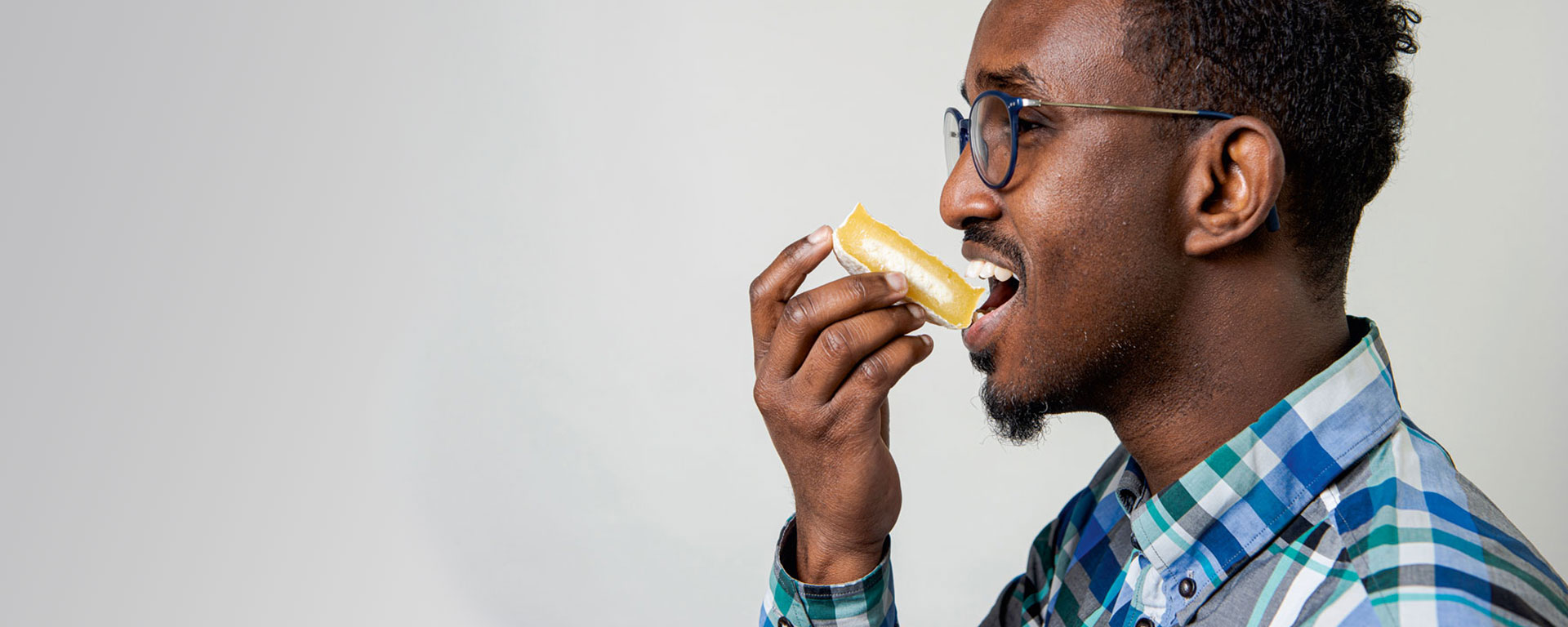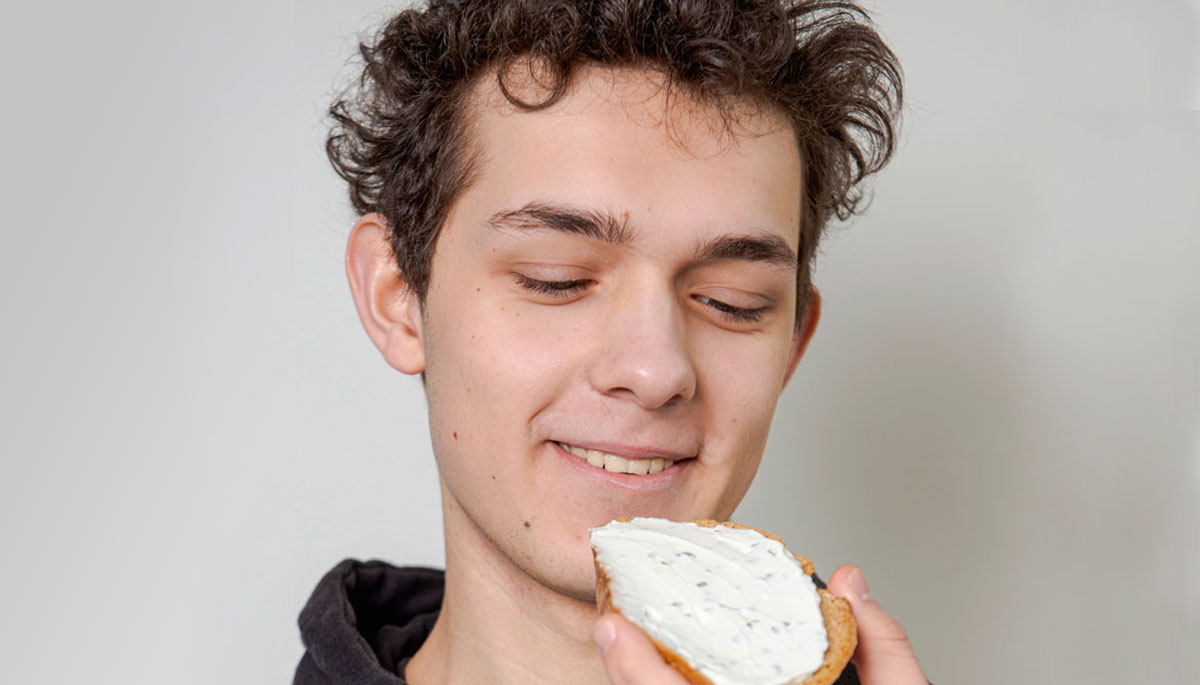The Consumer - What customers really want


Dr. Hans-Georg Häusel is a psychologist and international expert in marketing, sales and management neuroscience. He has written several bestselling business books. His book “Brain View – Why customers shop” was named Germany’s best marketing book in 2010 and was listed by an international jury as one of the 100 best business books of all time.
Nowhere is that more obvious than at the supermarket checkout. On the one hand, consumers say what really matters to them is that goods are produced sustainably and ecologically. On the other hand, they are rarely willing to pay more, although they could afford to do so – another contradiction. In 42 % of German households, shoppers feel they have enough money to buy almost anything, according to a survey by the society for consumer research, and the proportion is similar in other European countries too. Despite all the fears about the economy, this is a historic high. Consumers are contradictory beings, particularly at first glance.
“We must always remember that man is a creature of habit”, Häuser says. “Purchasing decisions, especially when it comes to everyday goods like dairy products, often aren’t real decisions, they are habitual purchases.” In other words, many shoppers head into the supermarket with plenty of lofty ideals about animal welfare or sustainability. But they usually leave with the same products as always. “The older a person gets, the more habits they have”, says Häuser. “The way our brains work is that our subconscious is stronger than our conscious mind.”
“The older people get, the more habits they have”
Dr. Hans-Georg Häusel
He says the way some 60 % of consumers shop is that they know the products they like, ideally they will be in the same spot on the shelf as they were last time they went shopping, the products will look the same and cost the same. “For our brains, spending money is a painful process,” says Häusel. “That’s why we find price increases so hard to handle.” We are creatures of habit through and through. The challenge for the food industry is the other 40 % of shoppers.
Häusel describes this group as “experience-oriented.” He says they are younger than the more habit-oriented buyers and expect producers to keep coming out with new products, fresh designs and tasty experiments. The explosive growth in the range of products available over the past 20 years has not only led consumers to become accustomed to a broad selection, but many shoppers also expect constant innovation as a matter of course. This makes it harder and harder for suppliers to identify specific target groups for their different products. ”Shoppers form the habit of buying something in a process,” says Häusel. “You can really only speak of a connection once someone has bought a product five to ten times.” The only natural limit imposed on this process is the size of the supermarket shelf.
For every new item that is added to the shelf, another one has to make space. If this is a product people are used to buying, that is a painful change for a consumer. There is a similarly contradictory process at play when it comes to what buyers select in their shopping trolley. The trend towards more vegetarian and vegan products has been growing for years, on the one hand: Sales of such items rose 17 % in 2019 alone. On the other hand, the broader population has not switched to become vegetarian. How can that be?
Only 7 % of households are vegetarian and only 2 % are vegan. Most buyers say they do not see eating animal products as an either-or-question. They don’t want an exclusively vegetarian or vegan diet – something else is going on in their minds. “Vegetarianism is seen as a feminine, hedonistic and metropolitan consumer option that eases people’s consciences to a certain degree,” says Häusel. “That requires certain product segments. That will always be the case – but it does not mean it will entirely transform consumer behavior overall. We are talking about an evolutionary trend, not a revolution.” Dealing with the consumer is not likely to get any easier any time soon.
“For our brains, spending money is a painful process”
Dr. Hans-Georg Häusel

